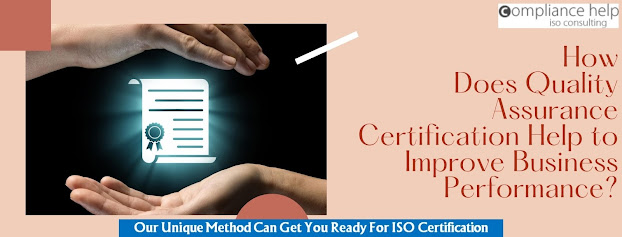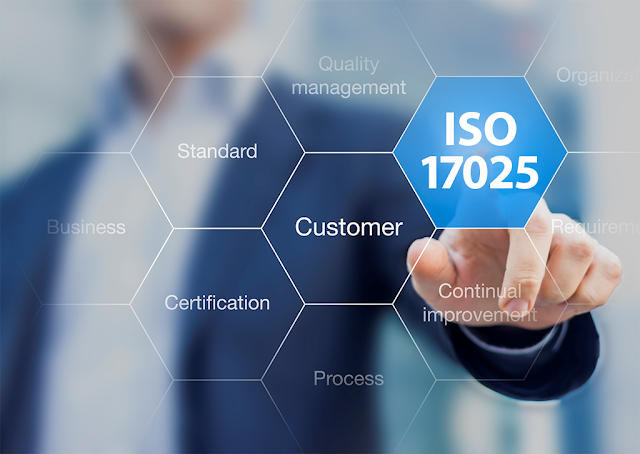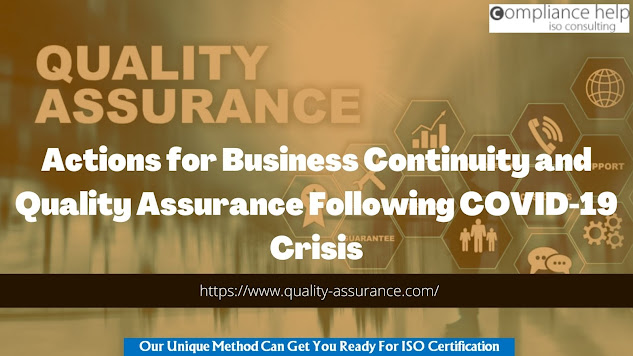How Does Quality Assurance Certification Help to Improve Business Performance?
Today’s competitive marketplaces make it crucial for businesses to operate with high-quality products or services. Quality assurance certification, such as ISO 9001, is an important tool for businesses, regardless of their size or nature, to demonstrate their excellence and credibility. There are many factors of performance that certification will substantiate to subsequently provide a competitive advantage for the business. From ascertaining the effectiveness of the quality management system (QMS) to resulting in continual improvement in processes, there are many ways that certification benefits the business.
The certification improves the performance of the business by impacting several factors. Each of these factors is enhanced in the process of complying with the requirements of the certification standard. Here is a further explanation of how this happens.
Product/Services Quality
The quality of products or services provided by an organization is the key factor in determining the satisfaction level of the customers. The ISO 9001 certification, being a quality management certification, defines requirements or clauses that will ensure the organization delivers quality service or products. Some of these clauses are risk assessment, monitoring the operations and quality controls, data-driven decision-making, the participation of employees in quality control, and a continual improvement approach.
Cost Reduction
To get certified with an acclaimed quality management standard, an organization must achieve a consistent approach to control and improve its processes. With premium consulting and assistance from a quality assurance services agency, an organization implements QMS, streamlines processes, and brings efficiency. All these are effective ways to reduce the use of resources, control wastes, and reduce the costs of operations.
Competitiveness
The implementation of the ISO 9001 QMS ensures the organization has a responsive risk management approach so that every potential risk, internal or external, is immediately identified and addressed. The implementation of a QMS with a risk-based approach helps the businesses become sustainable and quickly respond to market competition, technological disruptions, change in consumer expectations, and so on. Certification ensures a more advanced approach to risks, and it provides businesses with a competitive edge in the marketplace.
Productivity and Sales
Of course, as a result of the implementation of a comprehensive QMS, the processes are streamlined, including production, distribution, and quality control. The QMS introduces practices to identify errors in the products, acknowledge customer complaints or feedback, and make necessary improvements in the products. As a result of QMS implementation, there are examinations of the products for quality assurance in the entire production cycle. The delivery of faulty products will be reduced, customer satisfaction will be raised, and sales will increase. Besides, a separate independent QMS helps the business address the quality issues without interrupting the production. Thus, the productivity of the business is ensured, along with the quality assurance of the output.
Bottom Line
All these crucial aspects are influenced by the quality assurance certification, ISO 9001. It is a key tool for any business, as it helps to drive their performance in the competitive marketplace. Getting certification for your business will not only contribute to improving the product/service quality, it will also ensure continuous process improvements and efficiency. It will help your business achieve excellence in business performance with the assurance of factors like cost optimization, better use of resources, customer satisfaction, increased sales, and competitiveness.
Contact Details:
Business Name: Compliancehelp Consulting, LLC
Email Id: info@quality-assurance.com
Phone No: 877 238 5855
Also Read: 11 Agile Steps to Get Your Business ISO Certified




Comments
Post a Comment